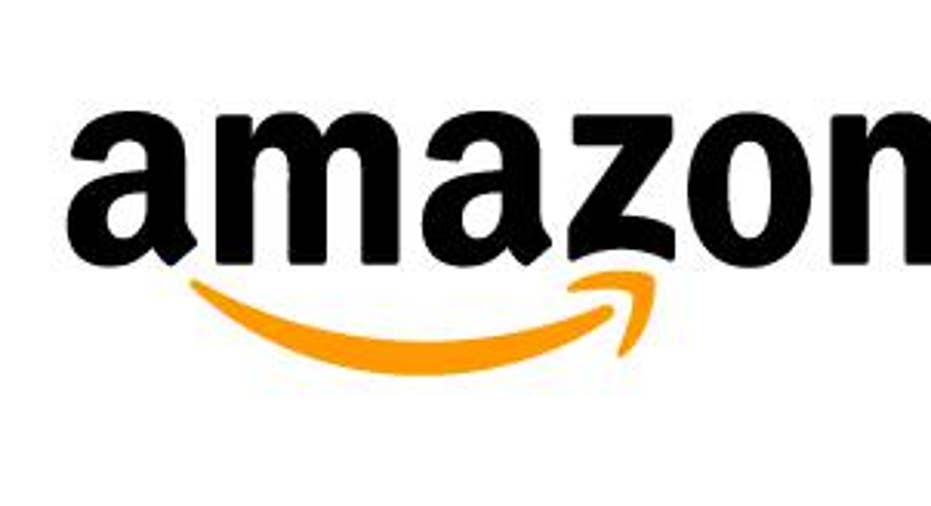What Amazon.com's Showtime Deal Means for Netflix

Source: Amazon.com.
Though other services still feign credibility, the future of streaming video has become a three-horse race involving Netflix , Alphabet's YouTube, and Amazon.com .
Though its foray into original content is typically associated with 2013's House of Cards, Netflix pioneered the much-followed move into original streaming content one year prior with Lilyhammer. Amazon quickly mimicked Netflix's move and today has in many ways closed the gap. And a recent move from Amazon should help further shift the balance of power in its direction.
A classic Amazon moveAmazon announced that it had added the ability for subscribers to its Prime Instant Video service to purchase a la carte subscriptions to premium networks Showtime and Starz. According to its announcement, Amazon will offer subscriptions to either one for $8.99 per month, two dollars below the typical subscription cost when purchased through cable providers.
Amazon has reportedly agreed to pay the normal per-user wholesale rate to Showtime parent company CBS and a higher-than-average rate in the case of Starz. As part of the deals, Amazon retains the right to set the retail prices it offers consumers for each service. And as should surprise no one, Amazon has elected to undercut the competition for these services, ostensibly to tempt more consumers to subscribe to its Prime free-shipping service.
The goal?
As with its Prime Streaming service, Amazon uses these media offerings as a lure into its Prime service, because Prime users spend much more on Amazon's core e-commerce platform than non-Prime users do. This is such a classic Amazon move, given the company's preferred means of winning customers by competing on price, it's almost comical. But what could this do to the balance of power in streaming?
Not changing cable anytime soonAmazon's move affects the competitive balance in both the streaming-video space and the broader cable industry. Let's look at both.
In the streaming space, Amazon's move strengthens its competitive hand against Netflix, but I'm guessing only to a point. According to a study earlier this year from researcher Digitalsmiths, subscribers to streaming services are attracted to these services largely for factors including reduced costs, greater convenience versus cable, better programming, and the ability to binge-watch entire seasons to their hearts' content. It doesn't seem as if Amazon's adding Showtime and Starz subscriptions meaningfully addresses those motivations relative to Netflix.
However, for cable subscribers considering the switch, the ability to augment Amazon's core Prime Streaming Video service with a number of premium channels could increase the temptation ditch their cable subscriptions. Only time will tell to what degree Amazon's move strengthens its hand versus Netflix and traditional cable packages.
At the same time, major cable providers remain a formidable force in broadcast media. We've seen repeated discussions about the impending downfall of cable bundles. And though evidence suggests that streaming and other forms of entertainment are chipping away at this gigantic iceberg, an estimated 83% of U.S. households still subscribe to some kind of cable service. What's more, the cable companies appear determined to stymie would-be threats as their services evolve to reflect modern content consumption habits. After years at the negotiating table, tech giant Apple has reportedly tabled its attempts to create its own streaming service.
So while Amazon's moves to combine Showtime and Starz packages on top of its own streaming product should help the e-commerce giant on the margin, it's unlikely to make a meaningful difference in terms of the death-of-cable narrative that tech investors love discussing.
The article What Amazon.com's Showtime Deal Means for Netflix originally appeared on Fool.com.
Andrew Tonner owns shares of AAPL. The Motley Fool owns shares of and recommends AMZN, AAPL, and NFLX. Try any of our Foolish newsletter services free for 30 days. We Fools may not all hold the same opinions, but we all believe that considering a diverse range of insights makes us better investors. The Motley Fool has a disclosure policy.
Copyright 1995 - 2015 The Motley Fool, LLC. All rights reserved. The Motley Fool has a disclosure policy.



















